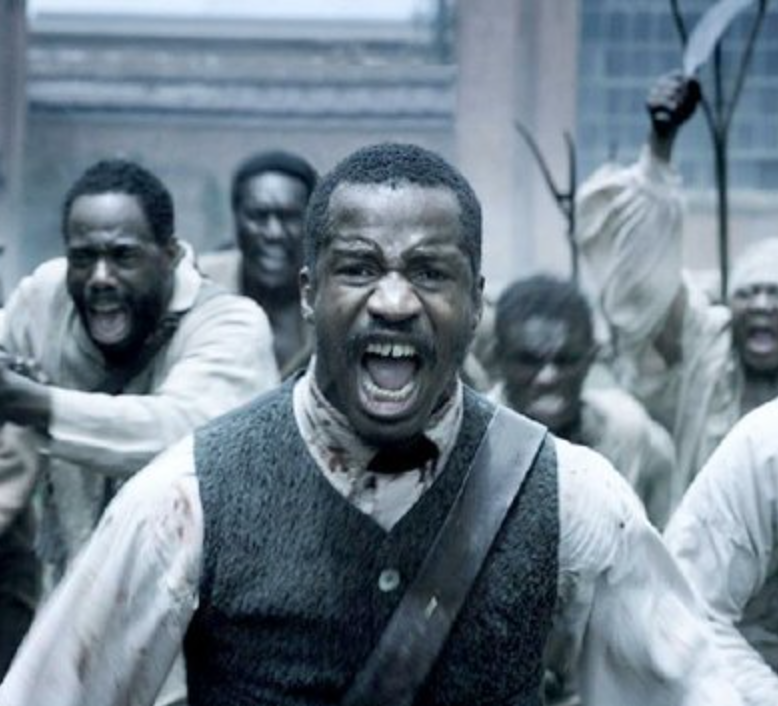 Grace and I are in nature again, and my heart is already glad. This is the right place for true atonement this year, I can feel it in the gratitude and lower-case grace suffusing my limbs, abdomen, cheeks. Wriggling my toes. The drive here was full of the colors that only fill museums and graffiti when I’m in the city; the air like nothing when I fling open my apartment window. I know the divine is everywhere but sometimes it’s so much easier to greet it when you walk unfettered by blocks, squired by swanning trees. Grace feels it too. She barely complained as we drove upstate and when we arrived–the sun sinking golden and amber below the horizon; other fireplaces sharing their smoke so tantalizingly–she raced gleefully from room to room, screeching to a halt on the screened-in porch with her tail trembling, tiny nose twitching. It was like she was saying, “This!” I blinked many times at her: “Yes, this.” She crept into my lap, sweetly shy kitty. I’ve been trying for weeks to teach her to say yes–oddly, she has mastered the “n” sound, so like an angry 2-year-old she bleats “no” whenever I squeeze too tightly or nudge her off a surface. Here, as we forgive and ask for forgiveness, as we tune into the heavens visible only in squares and patches back home, I think my overfamiliar will finally trumpet that yes. G’mar Hatima Tova, which is to say: May you be sealed in the Book of Life. Let’s say the Book of Love while we’re at it. Yes.
Grace and I are in nature again, and my heart is already glad. This is the right place for true atonement this year, I can feel it in the gratitude and lower-case grace suffusing my limbs, abdomen, cheeks. Wriggling my toes. The drive here was full of the colors that only fill museums and graffiti when I’m in the city; the air like nothing when I fling open my apartment window. I know the divine is everywhere but sometimes it’s so much easier to greet it when you walk unfettered by blocks, squired by swanning trees. Grace feels it too. She barely complained as we drove upstate and when we arrived–the sun sinking golden and amber below the horizon; other fireplaces sharing their smoke so tantalizingly–she raced gleefully from room to room, screeching to a halt on the screened-in porch with her tail trembling, tiny nose twitching. It was like she was saying, “This!” I blinked many times at her: “Yes, this.” She crept into my lap, sweetly shy kitty. I’ve been trying for weeks to teach her to say yes–oddly, she has mastered the “n” sound, so like an angry 2-year-old she bleats “no” whenever I squeeze too tightly or nudge her off a surface. Here, as we forgive and ask for forgiveness, as we tune into the heavens visible only in squares and patches back home, I think my overfamiliar will finally trumpet that yes. G’mar Hatima Tova, which is to say: May you be sealed in the Book of Life. Let’s say the Book of Love while we’re at it. Yes.
Archive | Country Matters
Resistance, Reckoning, ‘Birth of a Nation’
 By now it is impossible to discuss “The Birth of a Nation,” star and director Nate Parker’s adaptation of the story he cowrote with Jean McGianni Celestin, without acknowledging the controversy surrounding this film. This may not be fair: No matter what allegations have been heaped upon such filmmakers as Woody Allen or Roman Polanski, their work is still largely taken on its own measure. (This is not the case for Mel Gibson, whose career has yet to recover from his 2010 alcohol-fueled hate spewings.) But reviewing “The Birth of a Nation” is especially complex given how the accusations weighed upon its creator intersect with its subject matter.
By now it is impossible to discuss “The Birth of a Nation,” star and director Nate Parker’s adaptation of the story he cowrote with Jean McGianni Celestin, without acknowledging the controversy surrounding this film. This may not be fair: No matter what allegations have been heaped upon such filmmakers as Woody Allen or Roman Polanski, their work is still largely taken on its own measure. (This is not the case for Mel Gibson, whose career has yet to recover from his 2010 alcohol-fueled hate spewings.) But reviewing “The Birth of a Nation” is especially complex given how the accusations weighed upon its creator intersect with its subject matter.
A far cry from a remake of the 1915 pro-Klan movie, this “The Birth of a Nation” is the story of the Virginia-born slave and Baptist preacher Nat Turner (played by Parker) who, in 1831, led a revolt that claimed the lives of sixty whites, most of whom belonged to slave-owning families. Parker has said he reclaimed that film’s title because Nat Turner birthed a “nation of resisters, a people truly willing to die for absolute freedom and liberation.” Turner’s story has been told before – most notably in William Styron’s Pulitzer Prize-winning, extremely problematic historical novel, The Confessions of Nat Turner – but never with such a clear-eyed, holistic fortitude, and never in a way that so powerfully connects it to the tensions still undercutting American life. Continue Reading →

